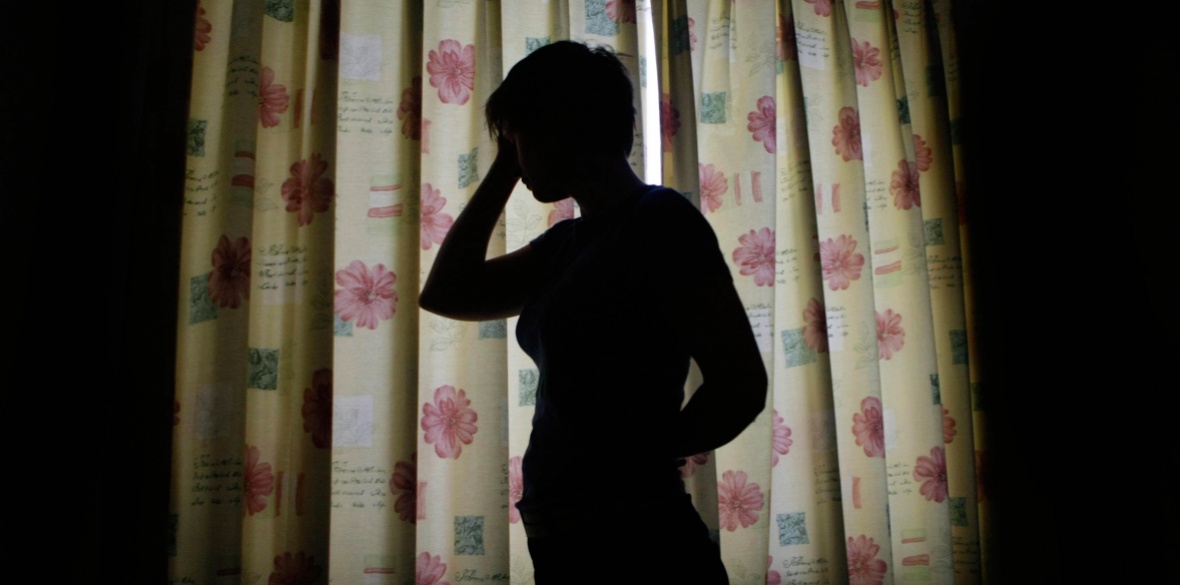This is the last article you can read this month
You can read more article this month
You can read more articles this month
Sorry your limit is up for this month
Reset on:
Please help support the Morning Star by subscribing here
ONE of the most vitriolic power struggles between professional groups is happening now and goes to the very essence of what is, or is not, mental illness.
Squaring off against each other are those who believe in a biomedical or genetic basis to mental illness (in the main, psychiatrists) and those who believe mental illness is a natural response to a threat or trauma (mainly psychologists).
At the root of it, is the battle between professions for legitimacy. Who should be controlling the narrative and who should be informing policy? Yet forgotten are the service users who are most affected by such policy arguments at this level.
The result is a confused message about mental health. For all the campaigns to reduce stigma for those with a mental illness, there is a significant crowd of voices rubbishing the very idea of mental illness, whether it is biological or from trauma.
Of course, these debates are not new. Thomas Szasz wrote The Myth of Mental Illness back in 1956. His ideas were buried for a while but were reborn with the help of the internet.
Imported from the US in 2000 were versions of the recovery and anti-medication movements. Yet these were markedly different from the British service user advocacy movements.
These US imports were influenced from the writings of Szasz through to Robert Whittaker’s Mad in America and by adapting some of these ideas, soon radical welfare policies were being adopted by the government.
This began with Labour, under Tony Blair and Gordon Brown, who were influenced by Lawrence M Mead who believed heavily in personal responsibility and government shifting the blame to those in receipt of welfare payments.
Employment support allowance (ESA) was then set up along with work capability assessments.
After 2010, with the coalition, then Tory governments in power, this policy introduced under Labour was pushed much, much harder with many other cuts, caps and changes to welfare as cost-cutting measures, but under the guise of “helping” these claimants to be independent.
Many service users reject the biomedical model, so a model which recognises the response to traumatic and distressing life events was welcome.
The government, however, was responsible for using this model as a way of cutting welfare, where it felt free to assesses and reassess service users for benefits.
Why not take their money away through cuts or sanctions? Why not view them with suspicion during work capability assessments? If this encourages them to take personal responsibility, then what’s the problem?
Such ideas about the mentally ill were joined by ideas about “learned helplessness” of the physically disabled. Again, it was their own personal responsibility — if they had self-belief and positive thinking, they could break down barriers.
This meant the government felt able to put anyone with a disability (or disabilities) through multiple assessments.
So how have these anti-psychiatry professionals achieved the power of being able to influence government policy?
One answer has been their willingness to adopt the clothes of the mental health survivor movements.
Like a trojan horse, under the guise of being anti-psychiatry, anti-psychiatric medications, they’ve managed to import highly lucrative forms of cognitive behavioural therapy and a recovery industry.
The strength of their influence can be seen in just how normalised recovery has become.
Mental health trusts have “recovery stars” and “recovery colleges” — the courses on offer a mixture of self-help and stress management, including mindfulness, with the aim of these participants taking on the “personal responsibility” for their health and not requiring costly interventions, such as in-patient stays and welfare benefits again.
For some of those who staff feel have “recovered” there are opportunities to be peer-support workers, a role in which they are to use their past experiences of the mental health system to help current patients.
An alternative way of looking at this is the NHS trust gaining healthcare assistants on the cheap, who have no real chance of career progression and are expected to time and time again pull apart the sticking plaster and reopen their past experiences, which may be disturbing, trapping them into the time period in question, with little support to manage such upsetting emotions.
For those who don’t miraculously recover, then rather than this being due to a chronic illness such as bipolar or schizophrenia, it is their fault. They didn’t engage properly. They didn’t put the work in. They are then left without the support they need for their illness due to being labelled as “difficult.”
How can a trauma model work therapeutically if it fails to deal with the issue of government policy in its core framework and the negative impact this then has on service users?
Alastair Kemp is a survivor, researcher and micropublisher and Ruth F Hunt is an author and freelance journalist.










